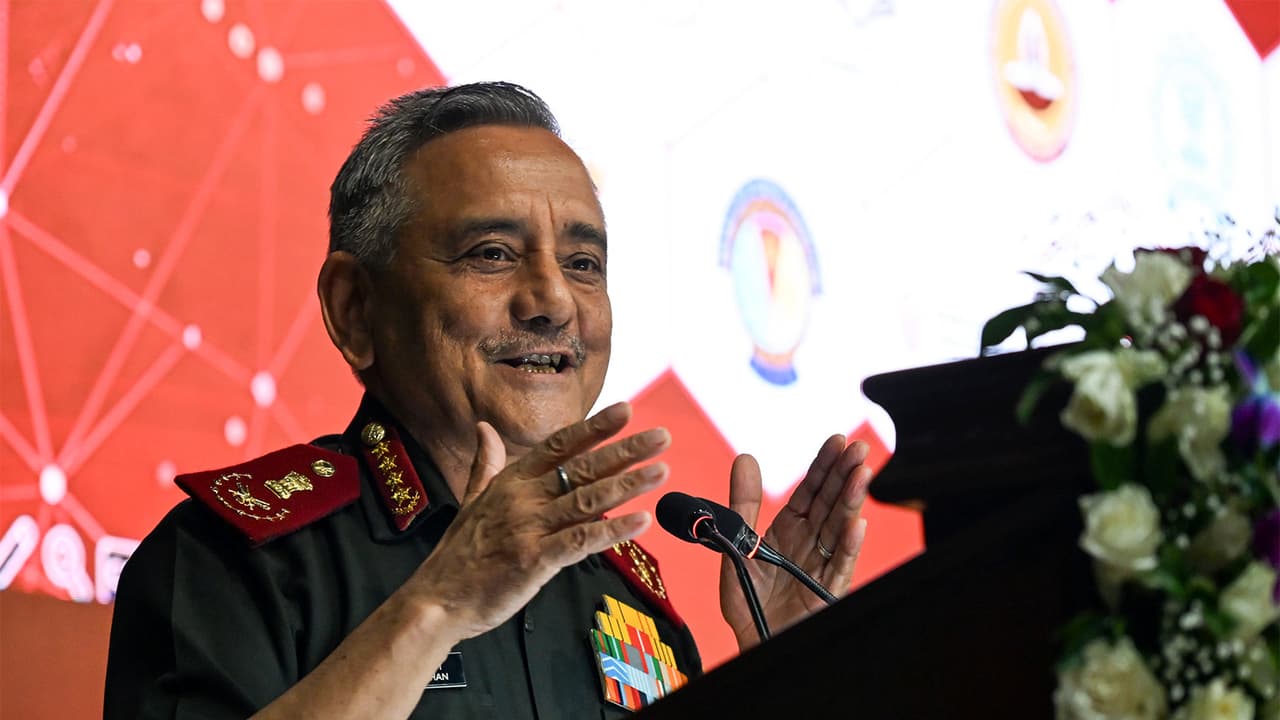Cds General Anil Chauhan said India’s decision not to deploy the Air Force during the 1962 conflict with China denied the Army a critical advantage, as air support could have slowed the Chinese offensive.
Chief of Defence Staff General Anil Chauhan said India’s decision not to deploy the Air Force during the 1962 conflict with China denied the Army a critical advantage, as air support could have slowed the Chinese offensive, and given troops more time to prepare, an approach considered escalatory at the time but practical under modern operational doctrine. Speaking at the release of the revised edition of (late) Lieutenant General S.P.P. Thorat’s autobiography, From Reveille to Retreat, in Pune, Gen Chauhan said, “I think Gen Thorat had in mind the use of the air force, which the government did not permit. They would have had a significant advantage during the 1962 conflict, shorter turnaround times, a favourable geography and the ability to bring maximum payloads to bear with maximum weight on the enemy. The use of the air force would have slowed the Chinese offensive considerably, if not stymied it completely. This would have given the army much more time to prepare. In those days, I think, use of air force was considered escalatory. This is actually no longer true, and Op Sindoor is an apt example of this.”
The CDS also shared a request by Thorat to share his views on two issues: foreign policy and the use of the air force in 1962.
“To comment on the adequacy or inadequacy of a forward policy at this time is slightly difficult. Our views will be coloured due to many reasons, like geography has changed entirely, and so has geopolitics. The security situation has changed. Force levels have changed. The type of warfare itself has changed,” he observed.
Further, Gen Chauhan said that the forward policy should not have been applied uniformly to Ladakh and the North-East Frontier Agency (NEFA).
“All I can say is that the forward policy should not have been applied uniformly to Ladakh and NEFA. The two regions had very different histories of the dispute, a different security context and entirely different terrain. In Ladakh, China had already occupied much of Indian territory, whereas in NEFA, the legitimacy of India’s claim was stronger. To equate the two and pursue identical policies was, in my view, a bit flawed,” he added.
Calling Thorat’s book a reflection on strategy, leadership and service, the CDS said, “From Reveille to Retreat’ is not simply an autobiography. It sheds light on the decisions of the past, critiques them with honesty and draws lessons that largely remain relevant today.”
(Except for the headline, this story has not been edited by Asianet Newsable English staff and is published from a syndicated feed.)
